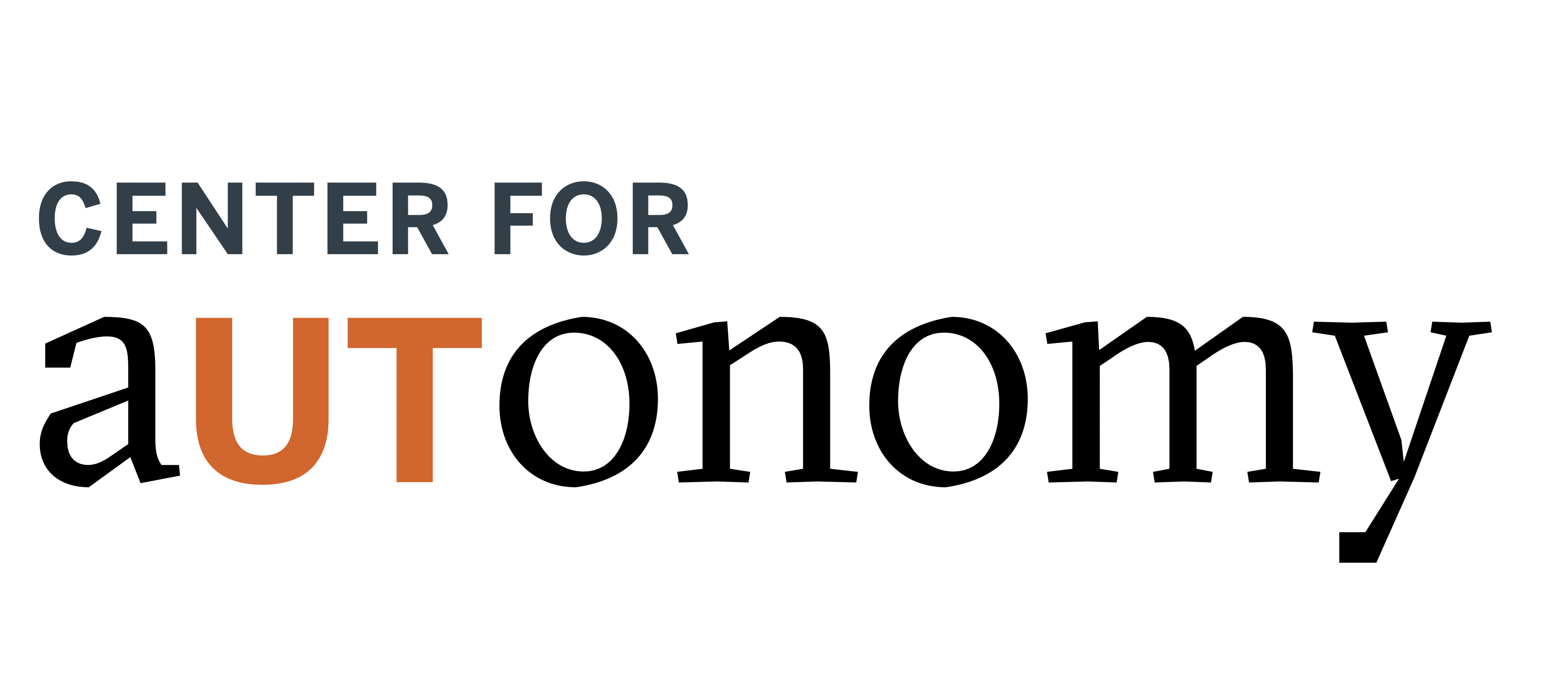
Abstract
Uncertainty is ubiquitous in virtually all real-world interactions between agents. Without knowing the state of the world or the intentions of others, rational agents must use the limited information at their disposal for decision-making, maximizing their expected payoff and controlling risk. In this setting, information itself becomes valuable: statistical decision theory (SDT) defines the value of information (VoI) as the expected gains from informed decision-making. When a decision-maker has the opportunity to first gather additional information at some cost, VoI provides a principled basis by which to make that decision. We introduce VoI in the multi-agent setting, within games of incomplete information. We use VoI to define a general information design problem, in which an agent has the opportunity to decide how to preemptively gather information, prior to a non-cooperative scenario. We introduce two approaches for solving this problem: a Bayesian optimal, decision-theoretic approach, and an information-theoretic approach based on hypothesis clustering. We demonstrate the decision-theoretic method in a smooth, Blotto-like tower defense game. The clustering approach is demonstrated in sensing allocation for a traffic routing control problem, against exogenous data-poisoning attacks.
Biography
Jesse Milzman is a research scientist at the Army Research Laboratory, working out of Brooklyn, New York and Adelphi, Maryland. His main research interests concern the value of information in multi-agent systems, utilizing tools from game theory, information theory, and network science. Dr. Milzman received his PhD in Mathematics from the University of Maryland in 2021 under Drs. Doron Levy and Vince Lyzinski. Previously, he received his BS (mathematics) from Georgetown University in 2015.

